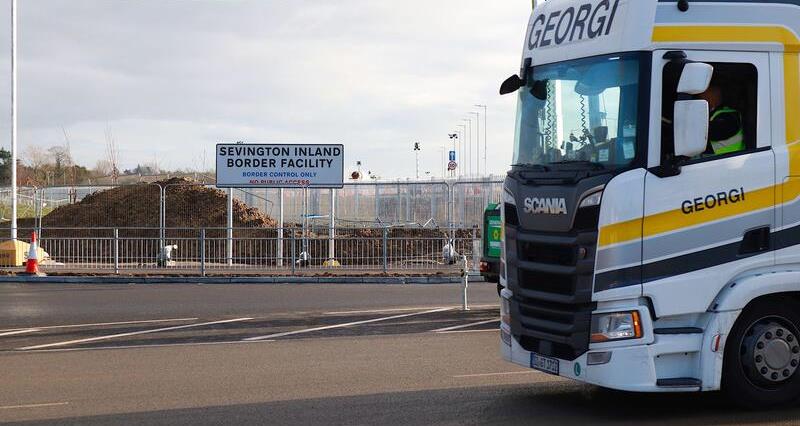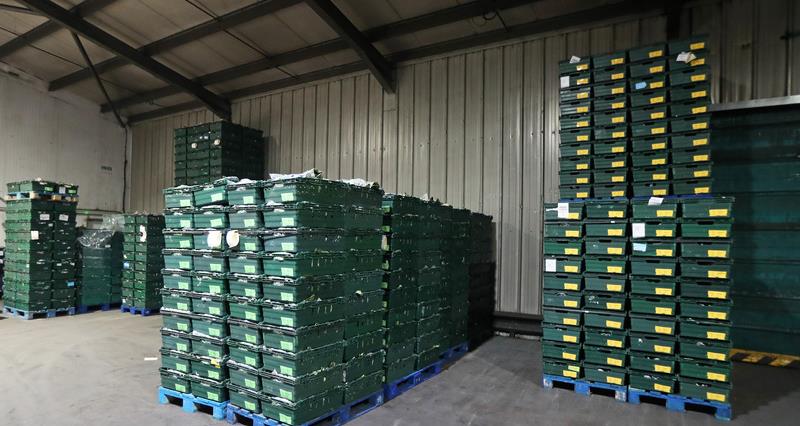In the letter, Tom reiterated the NFU’s support of the government’s approach for a “modern, streamlined, effective, global, risk-based model that can rapidly respond to changing risk profiles”, but warns that “reports suggest the reality on the ground is far from this”.
The government’s BTOM (Border Target Operating Model) sets out a new approach to importing into Great Britain.
Three years after the introduction of full controls on UK exports into the EU, the first stage of the UK’s new border operations model came into force in January 2024 following multiple delays.
The full regime will be introduced during the course of 2024, with SPS (sanitary and phytosanitary) checks on medium-risk food, animal and plant products from the EU having come into force on 30 April and checks for live animals from the EU due to start in late 2024.
There has been widespread industry concern around how these border controls have been implemented and the need for these controls to recognise the different needs and nuances for individual farming and growing sectors.
Safeguarding the nation’s biosecurity
In the letter, Tom outlined the issues for livestock and horticulture businesses: “Livestock businesses must feel confident that border checks and controls safeguard the nation’s biosecurity and food safety, and that sufficient resource is dedicated to stamping out fraud and illegal activity where that exists.
“Domestic producers work under stringent UK regulations to guarantee the safety of our food, so it is a relief that these checks were finally put in place from April.
“However, we continue to be concerned that our nation faces a greater degree of risk relating to biosecurity and food fraud than is necessary or acceptable.
“A breakdown in biosecurity is one of the most serious risks we face as a nation.”
“Any delay whilst transiting through the BCP could be a viable threat to businesses, food security and biosecurity.”
NFU President Tom Bradshaw
Delays and damaged consignments
Horticulture businesses are grappling with the latest phase of controls introduced in April, “acutely that the shift of controls away from their businesses to BCPs (Border Control Points) adds an additional level of risk and cost to a highly bio-secure, ‘just-in-time’ supply chain,” Tom explained.
“BCPs are seen by the industry as a point of infection risk, rather than inspection. To date, growers have experienced long delays, meaning young plants and plant materials are being destroyed.
“Unfortunately, we are also hearing reports that consignments are being damaged as a result of inappropriate handling at the border.”
Earlier this week we reported on hold-ups of tomato seed, with the British Tomato Growers’ Association saying that growers who propagate young tomato plants from seed are experiencing delays of up to six weeks at the border.
“Any delay whilst transiting through the BCP could be a viable threat to businesses, food security and biosecurity,” Tom added.
Swift solution needed
The letter also outlined pressure on businesses as a result of increased charges members are experiencing from their European hauliers.
Unknown costs associated with establishing sites as Control Points are also a “significant limiting factor for commercial scale growers who wish to have inspections remain at the place of destination,” Tom said.
ª º“ª™»Àis calling for a meeting with Baroness Hayman to find a swift solution to the concerns members have raised.¬Ý



